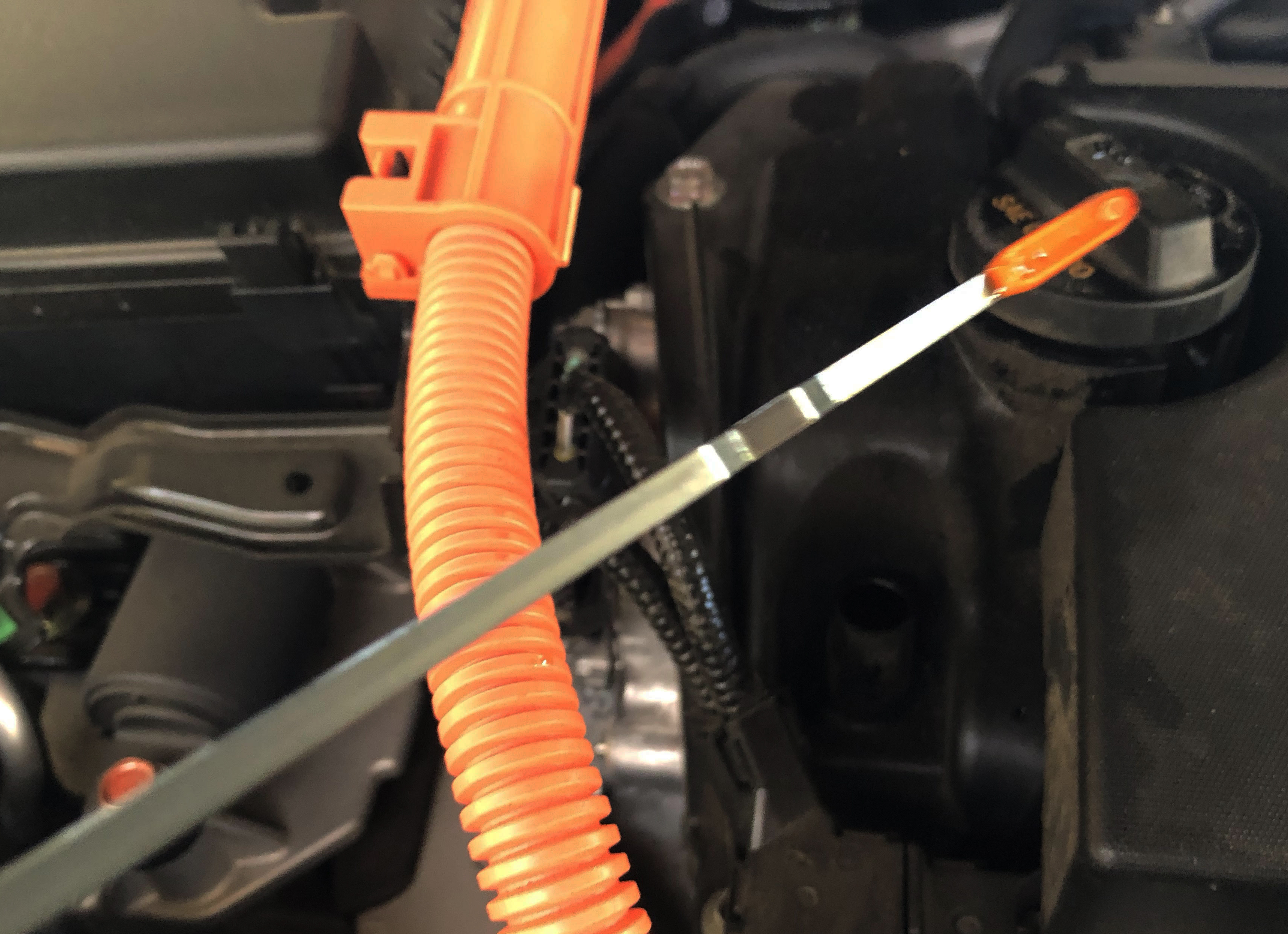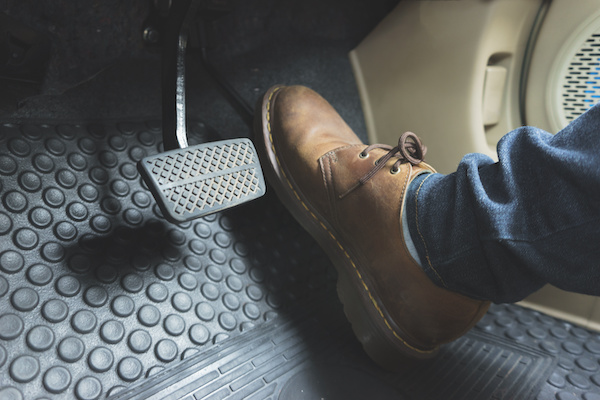Posted on 1/27/2025

Choosing the right motor oil during an oil change for your vehicle is more than just what fits your budget right now. It is a critical decision that impacts its performance and longevity. The two primary options—synthetic and conventional oil—each have unique advantages and considerations. Synthetic Motor Oil Synthetic motor oil is engineered to provide superior performance. It withstands extreme temperatures better, offers improved lubrication and resists breakdown over time. This makes it an excellent choice for high-performance vehicles or cars regularly exposed to harsh driving conditions, like stop-and-go traffic or long highway commutes. Synthetic oil also reduces engine deposits and sludge, contributing to a cleaner, more efficient engine. Conventional Motor Oil Conventional motor oil, derived from natural crude oil, is a tried-and-true option for many vehicles ... read more
Posted on 1/22/2025

Wheel alignment might not be the first thing that comes to mind when thinking about vehicle maintenance, but it plays a crucial role in keeping your car safe and efficient. Proper alignment ensures your tires meet the road at the right angle. It can improve handling and prevent uneven tire wear. Ignoring alignment issues can lead to costly repairs and safety hazards. Signs of Wheel Misalignment So, how can you tell it’s time for a wheel alignment? One of the most common signs is uneven tire wear. If you notice that the tread on one side of a tire is wearing out faster than the other, misalignment could be the culprit. Another red flag is if your car pulls to one side when driving on a straight road. This can make steering more challenging and unsafe. Steering Wheel Issues You might also feel vibrations i ... read more
Posted on 1/8/2025

You never want your car to break down or have problems. However, it is designed to communicate when something isn’t right. Being able to recognize these signals can save you from costly repairs and potential issues down the road. Here are the top five warning signs that you should never ignore: 1. Unusual Noises Strange sounds like grinding, squealing or knocking often indicate mechanical problems. For example, a screeching noise when you brake could mean worn brake pads, while a knocking engine might signal a serious internal issue. 2. Dashboard Warning Lights Your dashboard lights are your car’s way of signaling trouble. Ignoring a check engine light, for instance, could lead to severe engine damage. Always have warning lights diagnosed promptly to address issues before they escalate. 3. Fl ... read more
Posted on 12/18/2024

The holiday season is here, and for many, that means hitting the road to visit loved ones or take a well-deserved vacation. But nothing ruins holiday cheer faster than a roadside emergency. Before you embark on your Christmas travels, take a moment to ensure your vehicle is in tip-top shape. These five essential car maintenance tips can save you from an unexpected breakdown: 1. Check Your Battery Cold weather can take a toll on car batteries, reducing their efficiency. Test your battery to ensure it holds a charge, and look for signs of corrosion on the terminals. If your battery is over three years old, consider replacing it as a precaution. 2. Inspect Your Tires Good traction is critical for winter travel. Check your tire tread depth and look for signs of uneven wear. Ensure your tires are properly inflated. Cold temperatures can cause pressure to drop. If you’re traveling through snowy or icy areas, consider ... read more
Posted on 12/11/2024

The differential is an essential part of your vehicle’s drivetrain system, yet it’s often overlooked until something goes wrong. This critical component allows your wheels to spin at different speeds, which is crucial when turning. Without a properly functioning differential, your driving experience can suffer—and your safety could be at risk. How a Differential Works When you navigate a turn, the wheels on the outside of the curve must travel farther and faster than those on the inside. The differential manages this by distributing power accordingly, ensuring a smooth and efficient turn without dragging or skidding. For vehicles with rear-wheel drive, all-wheel drive or four-wheel drive, the differential is even more critical due to the extra demands placed on the drivetrain. Differential Maintenance Proper maintenance of your differential is key to its longevity and performance. Over time, differential oil—respon ... read more